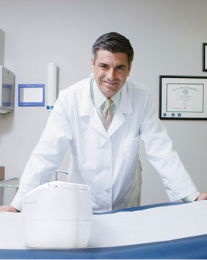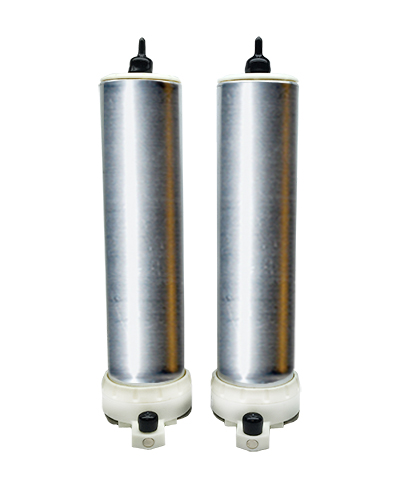If you use an oxygen concentrator, you will need to periodically replace some parts. Those parts need to be disposed of correctly or recycled when possible, so don’t throw them in the garbage. If you are finished with your oxygen concentrator, full units can often be donated. Let’s take a look at how to responsibly […]
View ArticleInogen Oxygen Education Blog
Oxygen. Anytime. Anywhere.
View all Inogen One SystemsOxygen Concentrator vs. Nebulizer Machine
Many people with COPD and other respiratory diseases or illnesses have to use both oxygen concentrators and nebulizers in the management of their disease. However, if these medical devices have been prescribed to you for the first time, you might not understand the difference between the two. Learn the difference between an oxygen concentrator and […]
View ArticleTips for Increasing Nasal Cannula Comfort
For most oxygen therapy patients, learning how to use a nasal cannula as comfortably as possible is an important step in easily incorporating oxygen therapy into their lives. But for many people, figuring out how to wear the oxygen nose piece properly and learning what to do with all the tubing can be confusing. If […]
View ArticleThe Inogen One G3/G5 Cart
The Inogen One Cart is available to help you transport your Inogen One G3 or Inogen One G5 portable oxygen concentrator unit. We heard our customers when they asked for a specially designed cart just for our Inogen One G3 and Inogen One G5 units, so we created a cart designed to be used in […]
View ArticleCare and Maintenance of Oxygen Equipment
Regular care and maintenance of your portable oxygen equipment will not only extend the life of your oxygen supplies, but it will ensure that you’ll receive optimal air flow with uninterrupted service. The following guidelines are recommended by Inogen for oxygen concentrator maintenance on all Inogen One units to keep your oxygen equipment in tip-top […]
View ArticleWhat is Transient Nocturnal Desaturation?
Transient nocturnal desaturation, also known as nocturnal hypoxemia, is defined as a temporary drop in oxygen saturation during sleep. Patients diagnosed with sleep disordered breathing from chronic obstructive pulmonary disease (COPD) or obstructive sleep apnea (OSA) are at a greater risk for nocturnal desaturation. A substantial number of patients will have both COPD and OSA.[1] […]
View Article












